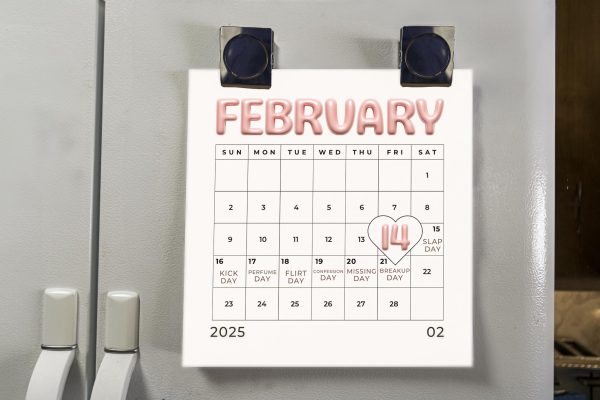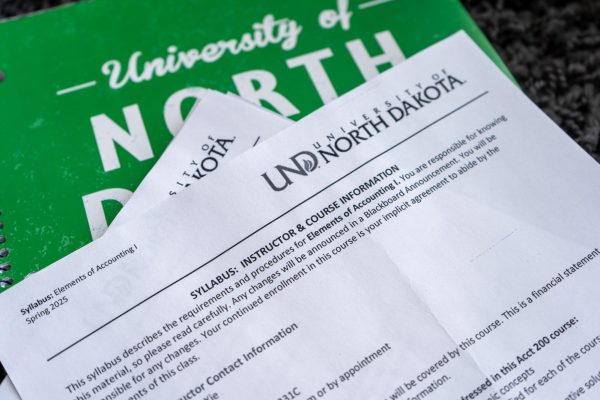A woman’s perspective on feminism
RIGHTS: Equality remains a hotly contested social political issue.
I have been called a feminist since second grade when I shoved a boy at daycare for telling me I climbed rope like a girl.
And ever since second grade, that word has been considered an insult.
And, to be honest — until I showed up on UND’s doorstep — I believed it.
I believed that “feminist” was a dirty word, an insult hurled at self-righteous girls who burnt their bras and traded husbands for cats and radical magazines. I believed that feminism was reserved for the most extreme fringes of empowered women, bought into only by those who were willing to swear off men forever and live a life that promised to be filled with the pitfalls of injustice and holy indignation for a righteous cause.
No more.
America, as a whole, is slowly being dragged — kicking and screaming, into an age that says discrimination for history’s sake is not to be tolerated; an age that says buck up or sit down because we are moving forward into an new era of progress and acceptance.
This past week we, as a nation, celebrated 50 years since Martin Luther King Jr. made his now immortal “I Have a Dream” speech — a speech based on the principle of equality for all. We jam on the radio to Macklemore’s “Same Love,” blaring the singer’s call to action “No freedom ‘til we’re equal.”
Yet, for some reason, society sees people who push equality for other groups as fighters in the good fight — people who are to be praised as martyrs for the cause — while feminists are self-centered, self-serving and out to get anyone who does not support total matriarchy.
Some people try to sling the word “feminist” in my face as if it were filthy, something disgusting and vile. They try to tell me I should be ashamed of what I believe. They try to say that there just is not room in the political arena for women’s issues, women’s thoughts and women in charge. Well, I tell you what, I am picking up that label and donning it as a badge of honor, my very own figurative burning bra.
Because guess what? I believe that women are capable of being effective and important members of our armed services. And I sure as hell believe they should have to sign up for selective services.
I think they should receive equal pay and face equal taxation. They should see the same opportunities and confront the same obstacles as anyone else in their position, regardless of gender, regardless of self-identification, regardless of society’s standards of what someone in a skirt should do verse someone in slacks.
I believe that women’s issues are society’s issues, that no one group should dominate the political arena and that feminism does not mean women are better or more entitled than men — it means they are the same, that they are both caring, active members of a society facing seemingly insurmountable challenges in an era of new opportunities.
I believe change begins when we begin to talk about the things that make us uncomfortable. And I believe that change has already begun — that just because women still do not receive equal pay, women still have to fight for a place at the corporate table, women still face the expectation of motherhood, women still have struggles does not mean women are not also still fighting.
I have been called a feminist ever since second grade when I realized I was just as entitled to my turn climbing rope as the boys standing behind me in line — that lightbulb moment when I saw myself as an equal player and contributor and member of our second-grade playground culture.
And ever since then, I have believed it.
Carrie Sandstrom is the editor-in-chief of The Dakota Student. She can be reached at carrie.sandstrom@my.und.edu






